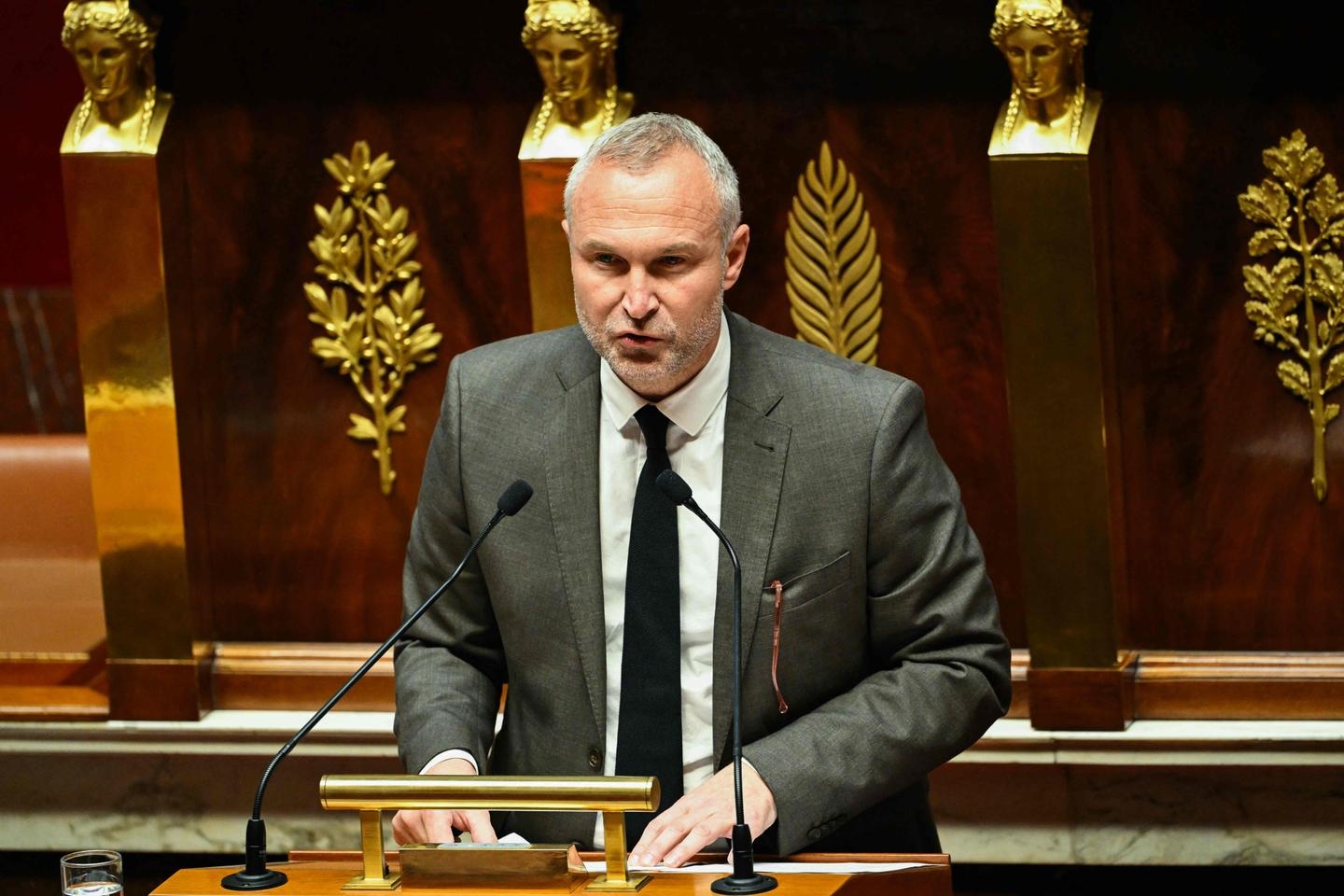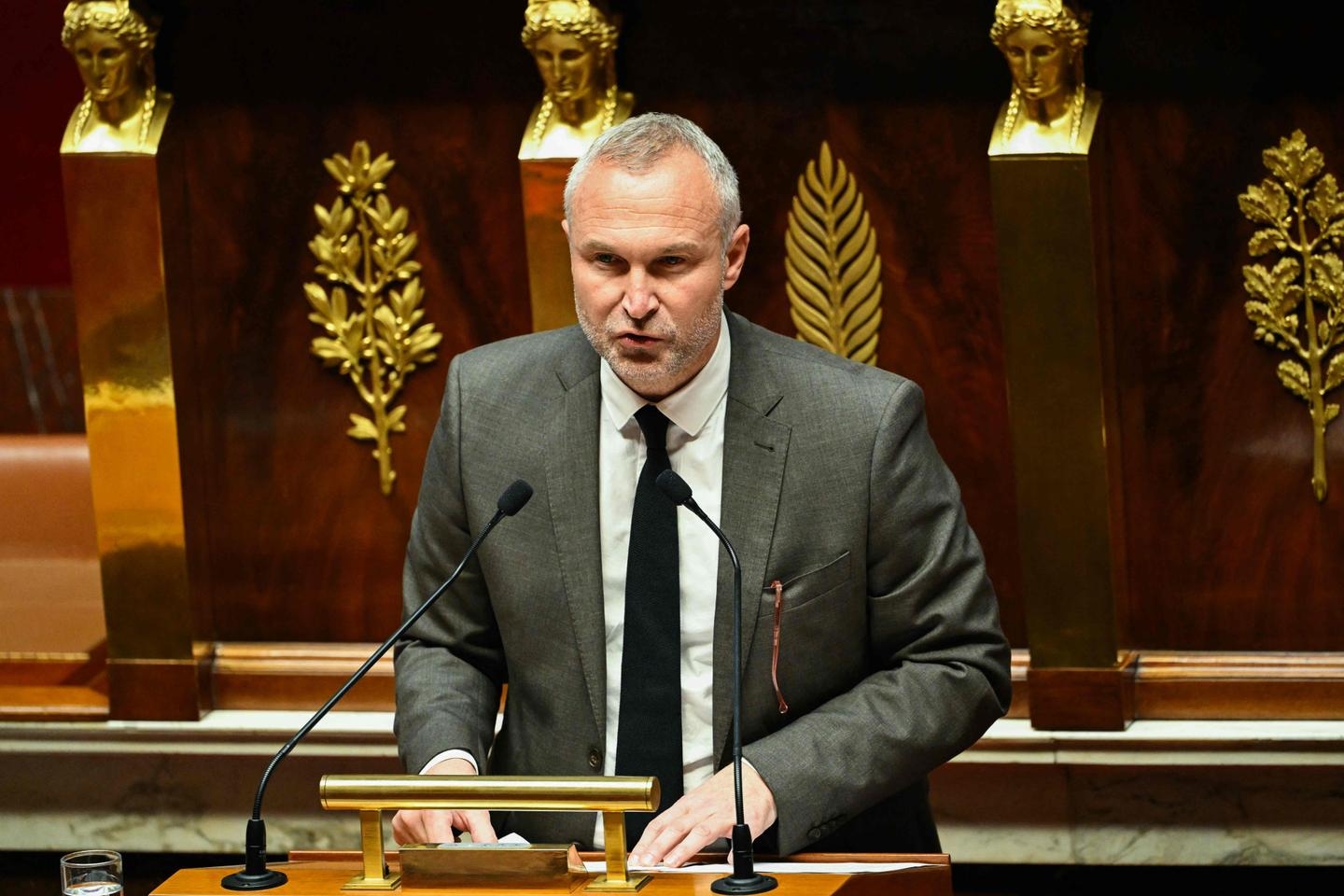New Caledonia: Assembly approves postponement of elections, before final vote in the Senate on Wednesday

This is a first step toward possible institutional reform, which has divided New Caledonia. The National Assembly approved the postponement of provincial elections in the archipelago on Tuesday, October 28, ahead of a final vote in the Senate on Wednesday. The bill was adopted by 279 votes to 247, with the support of the government camp and the Socialist Party. The rest of the left and the National Rally voted against.
The text only postpones the provincial elections scheduled for November, and already postponed twice, to June 28, 2026 "at the latest." But opponents of the text accuse the government of paving the way for an agreement for a difficult institutional reform of the archipelago, which was scarred by serious violence in the spring of 2024.
The agreement, signed in July in Bougival between the State and the Caledonian pro-independence and non-pro-independence delegations, provides in particular for the creation of a "State of New Caledonia" or the recognition of a Caledonian nationality.
Above all, he intends to expand the specific electorate for these elections, a sensitive issue in New Caledonia. Currently, only certain residents can vote, notably those who were established in the territory before 1998 and their descendants, which angers the loyalist camp. Implementation of the agreement would require the adoption of a constitutional bill.
But the Kanak and Socialist National Liberation Front (FLNKS), the main pro-independence coalition in New Caledonia, which ultimately rejected the Bougival Agreement after its signing, is now opposed to postponing the elections.
A calendar that causes “concern”This postponement "is neither a constitutional reform nor a thawing of the electoral body" , but a means of "giving ourselves time to find an agreement" , declared Arthur Delaporte (PS) in the hemicycle on Tuesday.
However, the government caused confusion even among its supporters on Tuesday morning by including constitutional reform on the parliamentary agenda as early as January. This came after parliamentarians had removed all reference to Bougival from the text on the election postponement the day before, in an attempt to calm things down.
"What are we deciding on?" said pro-independence MP Emmanuel Tjibaou, asking the government to clarify its intentions. "Trust has been broken," said Mathilde Panot, president of the La France Insoumise (LFI) group, accusing the government of wanting to "impose" Bougival.
On Tuesday afternoon, Laurent Panifous, Minister for Relations with Parliament, acknowledged that the timetable had "caused concern" and announced the withdrawal of the constitutional text "from the provisional agenda" .
The Bougival agreement is "supported by all other non-independence local political parties" and the "National Union for Independence" , a movement which withdrew from the FLNKS in November 2024, he added. The minister also considered that the agreement should be "clarified and, if necessary, if all the signatory political forces agree, completed" .
The World with AFP




